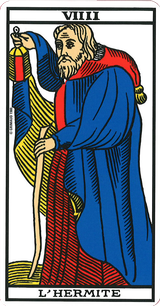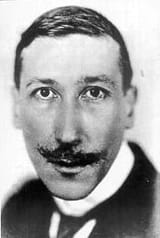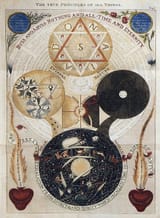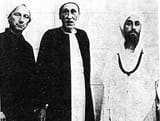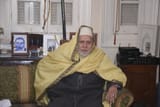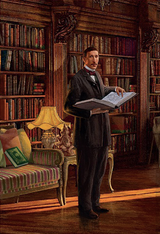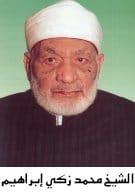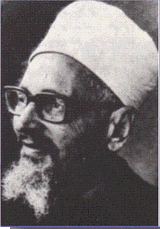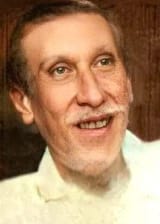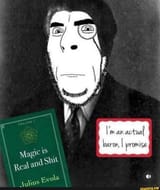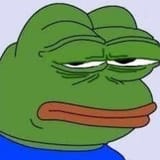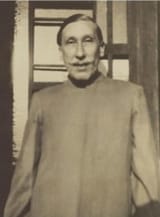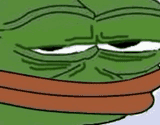>>24495228
> Guenon, Evola, and Traditionalism is stupid reta-ACK!!
Rene Guenon is the most correct, smartest and most important person of the twentieth century. There was no smarter, deeper, clearer, absolute Guenon and probably could not be. It is no coincidence that the French traditionalist René Allé in one collection dedicated to R. Guenon compared Guenon with Marx. It would seem that there are completely different, opposite figures. Guenon is a conservative hyper-traditionalist. Marx is a revolutionary innovator, a radical overthrower of traditions. But Rene Halle rightly guessed the revolutionary message of each of Guenon's statements, the extreme, cruel noncomformity of his position, which turns everything and everything upside down, the radical nature of his thought.
The fact is that René Guenon is the only author, the only thinker of the twentieth century, and maybe many, many centuries before that, who not only identified and confronted with each other secondary language paradigms, but also put into question the very essence of language. The language of Marxism was methodologically very interesting, subtly reducing the historical existence of mankind to a clear and convincing formula for confronting labor and capital. Being a great paradigmatic success, Marxism was so popular and won the minds of the best intellectuals of the twentieth century. But R. Guenon is an even more fundamental generalization, an even more radical removal of masks, an even broader worldview contestation, putting everything into question.
- Aleksandr Dugin
Guénon undermined and then; with uncompromising intellectual rigour, demolished all the assumptions taken for granted by modern man, that is to say Western or westernised man. Many others had been critical of the direction taken by European civilization since the so-called 'Renaissance', but none had dared to be as radical as he was or to re-assert with such force the principles and values which Western culture had consigned to the rubbish tip of history. His theme was the 'primordial tradition' or Sofia perennis, expressed-so he maintained-both in ancient mythologies and in the metaphysical doctrine at the root of the great religions. The language of this Tradition was the language of symbolism, and he had no equal in his interpretation of this symbolism. Moreover he turned the idea of human progress upside down, replacing it with the belief almost universal before the modern age, that humanity declines in spiritual excellence with the passage of time and that we are now in the Dark Age which precedes the End, an age in which all the possibilities rejected by earlier cultures have been spewed out into the world, quantity replaces quality and decadence approaches its final limit. No one who read him and understood him could ever be quite the same again.
- Gai Eaton

